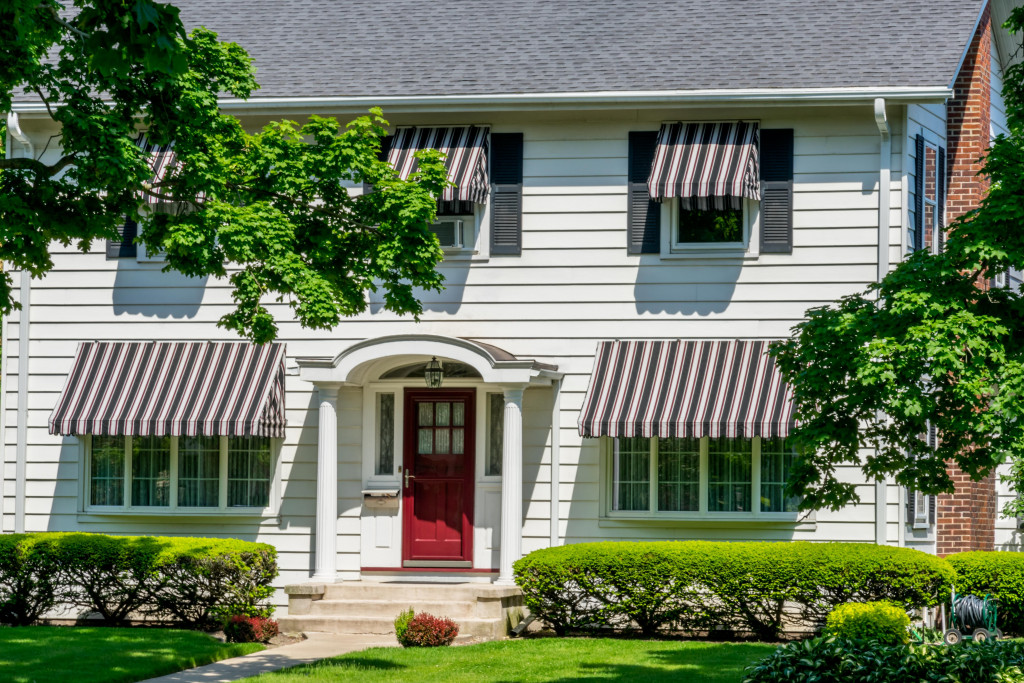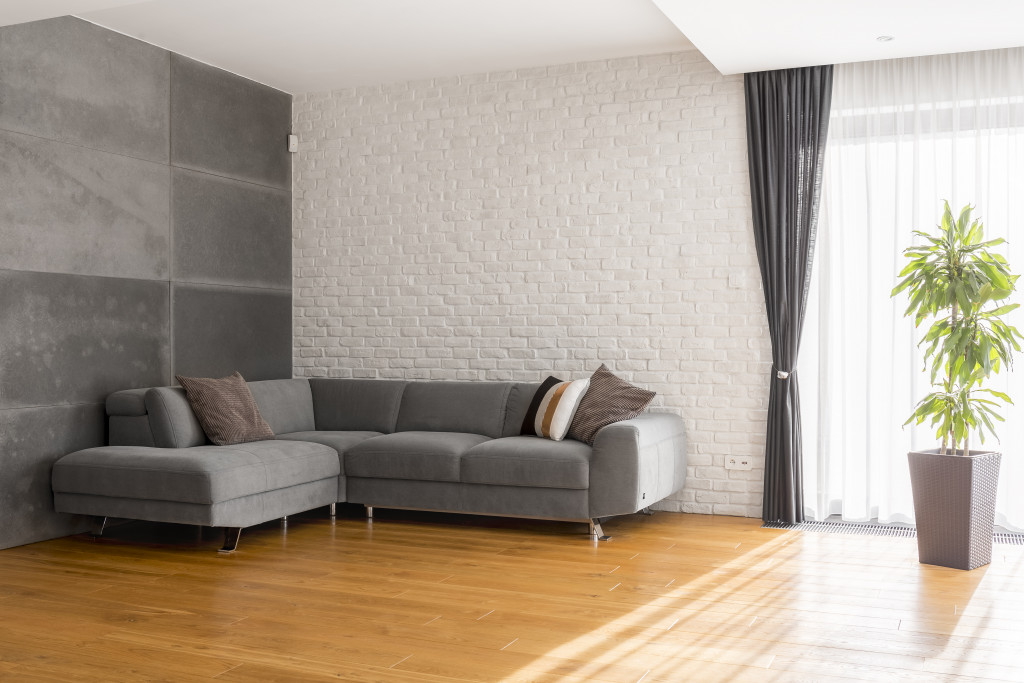- Real estate staging is essential to the selling process, which helps make a home stand out and increase the property’s value.
- Staged homes sell an average of 73% faster than non-staged homes and for 6-25% more on average.
- Improving curb appeal can help potential buyers fall in love with a property before entering it and should always be a top priority when selling real estate.
- Decluttering the interior and making minor repairs will create a more inviting space while updating household features could significantly increase the sale price of a home.
Real estate staging is a critical part of the selling process that helps make a home stand out from the competition. Staging is the art of making a house look its best for potential buyers – it can help owners increase the value of their property, reduce time on the market, and attract more buyers to viewings.
According to industry statistics, staged homes sell an average of 73% faster than similarly priced non-staged homes. On top of that, 94% of staged homes sold within 11 days or less compared to non-staged homes taking up to 45 days or longer. Furthermore, professional home stagers report that staged homes sell for 6-25% more than non-staged homes.
When staging your home, you want it to appeal to as many potential buyers as possible. However, you might not know where to start. Here are a few tips to help you:
Focus on Curb Appeal

When it comes to staging a home for sale, the importance of curb appeal cannot be overstated. Curb appeal can be defined as the attractiveness and overall first impression of a house from the street. It makes potential buyers fall in love with a property before even stepping inside. This is why improving curb appeal should always be a top priority when selling real estate.
Here are the areas that deserve attention when improving curb appeal for real estate staging:
Maintaining Landscape
The first place to start when improving curb appeal is landscaping. A lush, well-groomed lawn plays a massive role in setting the tone for prospective buyers and making them feel like they could see themselves living at that home. Homeowners should strive to ensure their landscaping is well maintained and tidy by trimming bushes, mowing the grass regularly, weeding flower beds, and keeping an eye on irrigation systems, if any, installed.
Repainting and Repairing Sidings
Chipped and faded paint or broken sidings can be a major eyesore that detracts from your home’s overall appeal. Repainting the exterior of a house is one of the most cost-effective ways to improve its appearance quickly. Homeowners should also pay attention to any wood rot, cracked windows, loose gutters, and other structural issues that must be addressed before selling their house. Professional siding contractors can help with this problem.
Decluttering the Exterior
Another important step when staging real estate is decluttering the exterior. This means removing hoses, toys, bicycles, grills, furniture pieces – anything that isn’t necessary for buyers to see. The goal here is to ensure visitors have an unobstructed view of all features of the property and to make it easier for them to envision themselves living there.
Performing Minor Repairs
On top of these improvements, homeowners should also consider any minor repairs that need to be taken care of around the exterior of their home, such as fixing broken windows, re-caulking windowsills and siding seams, filling in cracks in brickwork or concrete walkways, repairing damaged gutters or downspouts, coating metal surfaces with rust-proof paint or sealant if necessary, pressure washing decks or patios, etc.
Improving curb appeal will help make a house look better from the outside and give potential buyers more reasons to take an interest in it during viewings. Homeowners who want to get their property sold quickly and for its maximum value should not overlook this essential part of real estate staging.
Organize Interior Design and Layout

The interior of a home is just as crucial for real estate staging as the exterior. The overall design and layout should be organized, inviting, and attractive. This means that furniture should be arranged aesthetically pleasing, with minimal clutter or personal items to distract potential buyers from viewing the property. Homeowners should also consider necessary repairs such as fixing broken doors, windows, appliances, etc.
When staging the interior of a house, it’s essential to pay attention to lighting fixtures and other details — like adding rugs or rearranging artwork — that can make a room feel more inviting and welcoming. Furthermore, decluttering surfaces such as kitchen counters can help create a more open feeling and draw attention to features like cabinetry, countertops, and backsplashes.
Finally, homeowners should create a consistent look and feel throughout the home so that visitors can quickly move from room to room without feeling like they have entirely stepped into a different house. This will make it easier for prospective buyers to imagine themselves living in the space.
Update Household Features
If you want to improve the value of a property significantly, consider investing in some household updates before selling. This includes replacing old appliances, updating light fixtures, installing new countertops and cabinets in the kitchen or bathroom, and possibly adding a fresh coat of paint to make rooms look brighter and more inviting. Such improvements could also help increase the home’s sale price significantly.
A study by the National Association of Realtors found that most buyers are willing to pay more for up-to-date features in a home. These updates should also focus on areas with the highest return on investment, such as kitchens and bathrooms, which can make all the difference in getting maximum value out of your property.
Final Thoughts
Real estate staging is essential to selling a home, so homeowners should take their time to ensure they make all necessary improvements before putting their house on the market. With proper preparation and effort, sellers can attract more potential buyers and maximize the sale price of their property.

